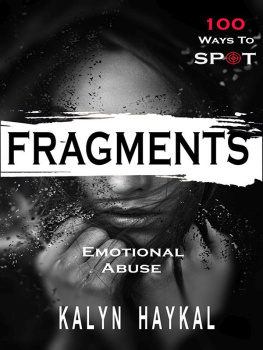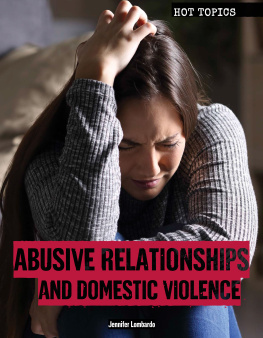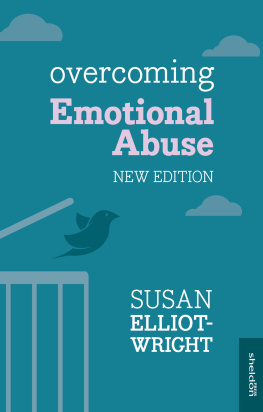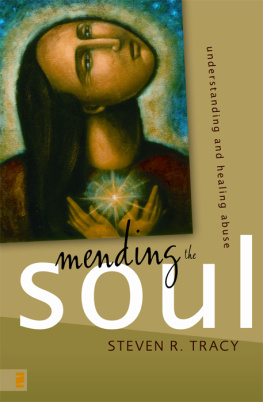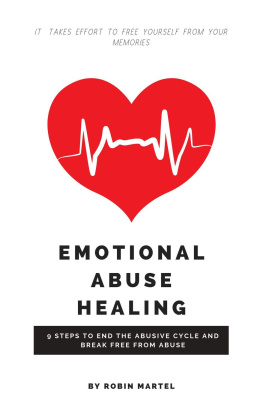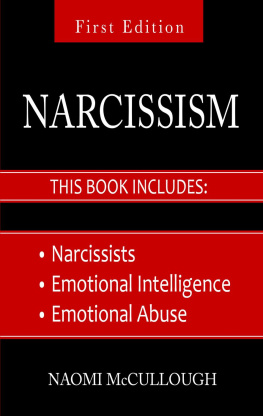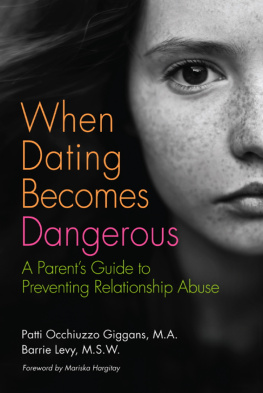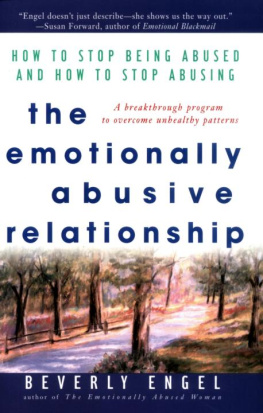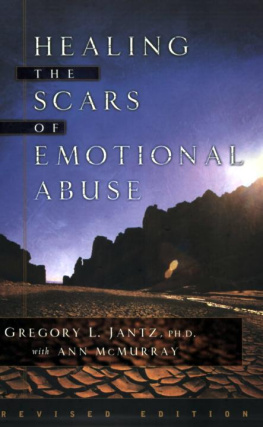Fragments
100 Ways to Spot Emotional Abuse
By Kalyn Haykal
Fragments, 100 ways to spot emotional abuse
Kalyn Haykal
2016 Kalyn Haykal
All rights reserved.
Author: Kalyn Haykal
Contact Data (Beirut,Lebanon)
ISBN: 978-3-95849-719-1
Disclaimer
The information provided within this eBook is for general informational purposes only. While we try to keep the information up-to-date and correct, there are no representations or warranties, express or implied, about the completeness, accuracy, reliability, suitability or availability with respect to the information, products, services, or related graphics contained in this eBook for any purpose. Any use of this information is at your own risk.
DEDICATION
To my loving HUSBAND who is fiercely determined never to give up on me
To my MOM who showered me with my first books
And last but not least to my SISTER and every other amazing woman out there whose love drained her mercilessly.... You are the reason for this book
Here we go......
QUOTE
Don't let others define you or they might pick the worst word in the dictionary. Matshona Dhliwayo
"You survived the abuse. You're going to survive the recovery." Anonymous
Introduction
What is emotional abuse?
Having had my share of abusive relationships, I was inspired to write about the signs that make a relationship unhealthy and destructive.
Today we are talking about abusive men.
Emotional abuse can happen in any relationship with anyone, but it can be hard and embarrassing to discuss if it is your partner. It can cripple all you are meant to be as you allow something untrue to define you, it's not that simple to come out and say that your partner is harming you in any way, it's much easier to defend him because of your feelings for him, besides you might be blaming yourself for the abuse because there has to be a reason right?
Well here it is... YOU ARE NOT THE REASON
When someone attacks you verbally, mentally, emotionally or physically, it means they are feeling out-of-control in their own life and have a need to control someone to feel powerful again. That Insecurity doesn't have anything to do with the person being abused. Abusive behavior is set on a loop and keeps being repeated until the abuser feels more self-confident which is why some people are abusive their whole lives.
The abuser projects their words, attitudes or actions onto an unsuspecting victim usually because they themselves have not dealt with wounds that are now causing them to harm others.
The Truths:
What makes an abuser?
Understanding why?
The Truths and Myths about what makes an abuser....
Truth The concept of love eludes him, he considers abuse proof of love
Myth Abusive behavior is an affliction or poor impulse control
Truth Abuse is a CHOICE
Myth Abusiveness has to do with psychological problems
Truth Abusiveness has everything to do with values and beliefs, thinking process . His lack of a healthy value system, his lack of empathy for the person he abuses, his general disrespect for women. The abusers core problem is that he has a distorted sense of right and wrong
Family is the first influence, but it is one of many
Children are able to absorb the rules and traditions of their culture by age 3. Their learning continues throughout their childhood and adolescence. They observe behavior that is modeled by family and friends. They watch to see which behaviors get rewarded. By four or five they express their curiosity about laws and police both of which play an important role in shaping their moral sense.
During adolescence, young people have increasing access to the wider culture, with less and less filtering by adults, and they are subject to the rapidly growing influence of their peers.
Even after reaching adulthood people continue to read the social messages that surround them in the culture and to adjust their values and beliefs in response to what is socially acceptable.
Childrens sense of what is proper and improper ways to behave, their moral perception of right and wrong, and their beliefs about sex roles are brought to them by TV and videos, popular songs, childrens books and jokes.
Myth It is underlying emotions that are the core issue.
Truth Somewhere along the way, the abuser made a choice to be who he is, and the rewards of his abuse are too great for him to want to make the necessary changes easily.
Truth He will resist changing, will often insist change is impossible for him, and is expert at listing endless reasons and excuses why he remains as he is. He may hide what he does because he thinks other people would disagree with it, but he feels justified inside.
The abusers problem lies above all else in his belief that controlling or abusing his partner is justifiable.
Truth Abusers often have superficial relationships with other people. Their primary, if not exclusive, relationship is with their wife/girlfriend.
The Signs:
Characteristics: What is he like?
He's constantly jealous. Your partner is excessively possessive, calls constantly, or visits unexpectedly. A dab of jealousy is fine, but any more can be dangerous. At the beginning of a relationship, he will always say the jealousy is a sign of love. He may question you about whom you have spoken to or seen during the day, may accuse you of flirting, or be jealous of time you spend with family, friends, children or hobbies which do not include him. As the jealousy progresses, he may call you frequently during the day or drop by unexpectedly. He may be unhappy about or refuse to let you work for fear you'll meet someone else, check the car mileage or ask friends to keep an eye on you.
Jealousy is not proof of love; it is a sign of insecurity and possessiveness.
He's Charming. He smothers you with gifts and praise. He immediately pushes for an exclusive relationship using phrases such as I cant live without you or Ill kill myself if you leave. A clear indication something is wrong.
He's controlling. He interrogates you intensely about who you talked to and where you were, keeps all the money or asks for receipts, and insists you ask for permission to go anywhere or do anything. Escalates when intimate partner resists The need for power may deepen over time or escalate if a woman seeks independence
Controlling behavior is often disguised or excused as concern. Concern for your safety, your emotional or mental health, the need to use your time well, or to make sensible decisions. Your abuser may be angry or upset if you are 'late' coming back from work, shopping, visiting friends, etc., even if you told him/her you would be later back than usual. Your abuser may question you closely about the content of every conversation you held, or why you did something he was not involved in. As this behavior gets worse, you may not be allowed to make personal decisions about the house, clothing or how you spend your time or money or even make you ask for permission to leave the house. Alternately, he may theoretically allow you your own decisions, but penalize you for making the wrong ones.
Concern for our loved ones to a certain extent is normal - trying to control their every move is not.
He has very unrealistic expectations. He expects perfection from you and for you to meet his every need . Ex.: When I say jump
He's hypersensitive. He's easily insulted and will often rant and rave about injustices that are just part of life. The slightest offense sends the abuser ranting. Everyone is out to get him. Most abusers have very low self-esteem and are therefore easily insulted or upset. They may claim their feelings are 'hurt' when they are really angry, or take unrelated comments as personal attacks. They may perceive normal set-backs (having to work additional hours, being asked to help out, receiving a parking fine, etc.) as grave personal injustices. They may view your preference for something which differs from their own as a criticism of their taste and therefore themselves
Next page
